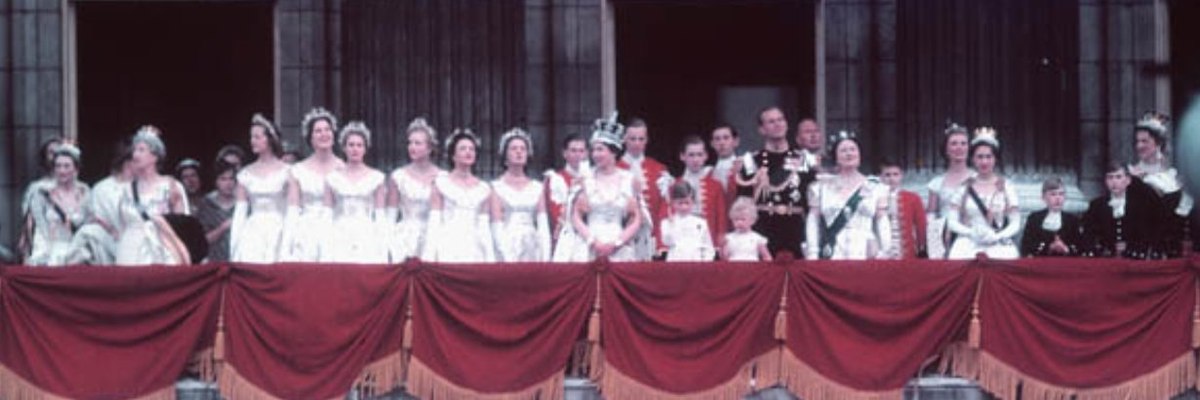Wealth and opportunity have gotten better, but happiness and community cohesion have suffered
The year is 1952. In the United Kingdom, prime minister Winston Churchill oversees the creation of the country's first atomic bomb, Sooty makes his first television appearance, and Elizabeth II becomes Queen.
She remains on the throne 70 years later, but elsewhere the country has seen momentous change. Do Britons think it has been for the better?
The public leans towards thinking the country is now better to live in now than it once was, by 38% to the 30% who say it's become a worse place to live. A further 17% think the UK is neither better nor worse than it was in 1952.
Among those aged 65 and over, many of whom will have experienced the ‘50s first-hand, 41% say the UK has become a better place to live, with 39% saying it is now worse. While 35% of those 18 to 24 think the country is now better, these youngest Britons are also the most unsure (35%), with only 17% saying it is now worse.
In what ways has Britain changed?
Given Britons lean slightly towards saying the country has changed for the better since 1952, what exactly do they see as being better than it was?
Broadly, Britons see economic prospects as having improved since the 1950s. Nearly half of Britons (47%) say that economic wealth has improved since then, while 23% say it has worsened over the last seven decades. Those aged 65 and over are substantially more likely to say wealth has improved (65%).
Another 42% of people think job opportunities are now better than in 1952, with 26% saying it is harder to find a good job now in 2022.
Climbing the social ladder is the last aspect of life that Britons see as improved compared to the early ‘50s. Some 40% say social mobility is now better, compared to 24% who see it as worse than before.
While Britons think the UK has become a more prosperous and mobile society, not everything is seen as having changed for the better. Only 18% of Britons think general happiness is better now than in 1952, while 44% think it is worse.
In 1952, Britain still had much of its empire. It may come as little surprise, then, that Britons generally see our presence on the world stage as diminished compared to that time. Only 15% think Britain's standing in the world is improved in 2022, compared to nearly half (48%) who think it has worsened.
Law and order is seen as similarly diminished, with only 14% thinking it is better now compared to 1952, while the majority (56%) say the opposite. In this instance, those aged 65 and over are more likely that the population as a whole to see law and order as worse today (72%) than it was 70 years ago.
Finally, Britons are most pessimistic about community spirit. Nearly seven in ten (69%) say it has gotten worse since the 1950s, with a mere 7% saying they think community spirit is better now in 2022.
How have comparisons changed since 2012?
YouGov last asked these questions at the time of the Diamond Jubilee, with general sentiment changing little over the last decade. In 2012, 40% said the country was a better place to live than in 1952, while 34% thought it worse.
Perceptions of job opportunities has seen the biggest change over the last decade. In 2012, only 24% said job opportunities were better than in 1952, with half (51%) saying employment openings were worse. Britain was still recovering from the financial crisis at the time of that survey, which is likely to explain much of the difference between now and ten years ago.
Those who say Britain’s standing in the world has worsened was also slightly higher in 2012, when 60% saw our international reputation as diminished, compared to 48% who hold that view now.
See results for 2012 and 2022 here










